
Les gestes du quotidien qui abîment le périnée
We often only become aware of the importance of the perineum when small discomforts appear. A damp underwear, a giggle gone wrong, a feeling of heaviness in the lower abdomen… Urinary leaks, organ prolapse are the consequences of a weakening (sometimes daily) of our pelvic floor. So what are the actions that damage the perineum, this muscle that is so important yet so unknown? Fizimed tells you everything!
Carrying heavy objects and weights
We are constantly reminded that carrying heavy weights is bad for the back. But one thing is certain, it is the same for the perineum.
Contracting the perineum before any effort
When carrying a child, grocery bags or books, the abdominal pressure weighs on our perineum.

Therefore, remember to distribute the weight properly and especially to contract it systematically before any effort.
Bending the knees before bending over
Also, when picking up or moving objects, remember to adopt good practices. It is also recommended to bend your knees before bending over to pick up an object.
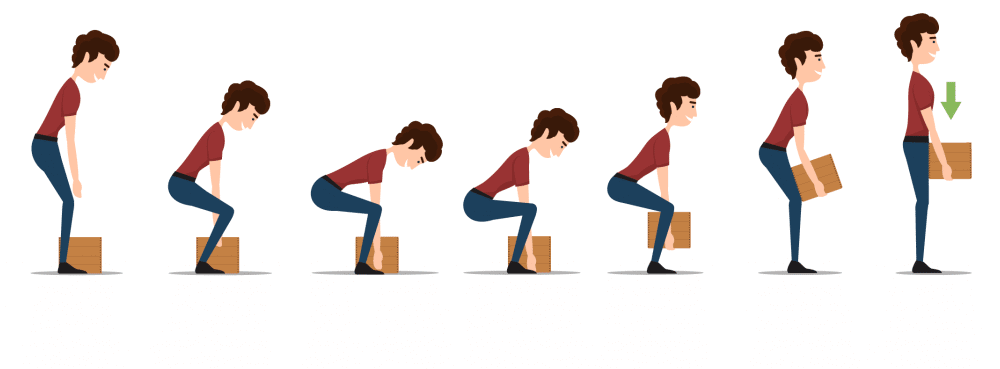
Indeed, we all have the reflex to bend over and keep our legs straight. However, to get up, pressure is exerted on the stomach and therefore on the perineum. Remember to have your forearms resting on your thighs, buttocks forward and back straight.
Keeping your back straight
The same goes when the said object is at a height. Our back is never straight and the contents of the abdomen shift towards the interior of the vagina. It is therefore no longer supported by any muscles.
To avoid harming the perineum, align your shoulders with your pelvis while contracting your perineum.
I take care of my pelvic floor
Practicing a Sports Activity
Yes, practicing physical activity is recommended to stay in shape and maintain good health. However, it is important to be vigilant as some sports can put excessive pressure on our perineum.
Avoiding Excessive Pressure on the Perineum
Sports, especially at a high level, can lead to urinary incontinence issues. The pelvic floor is highly stressed during sports such as running, volleyball, or tennis, for example.
These types of sports, as well as trampolining or horseback riding, involve repeated impacts.
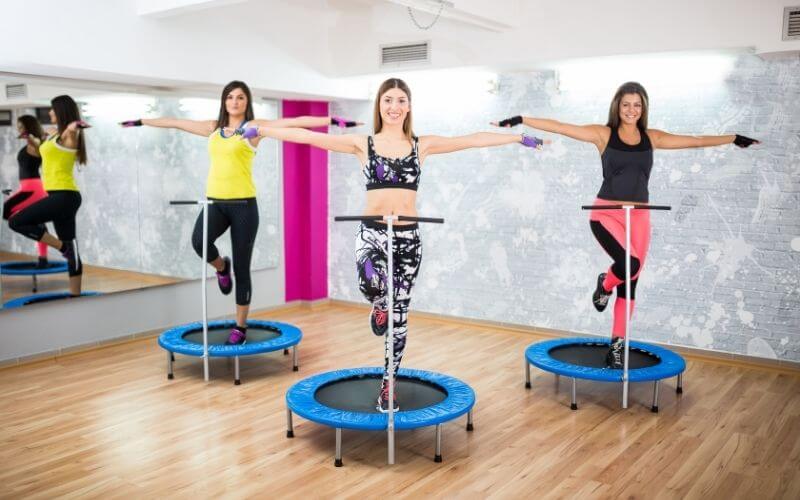
Collectively, this causes an organ compression that will put pressure on the perineum. Abdominal pressure thus affects the supporting muscles, reaching up to 10 to 20 times the pressure they can bear.
Limiting Abdominal Thrusts
But don’t rejoice too quickly! Pay attention to the abdominal thrusts that the activity can generate on the perineum.
‘Carried’ sports such as cycling, swimming, or skating have a lower impact. These are therefore types of sports to prioritize.
Preserving Your Perineum
So, how can you practice sports while preserving your perineum? There are alternatives, and it’s not Audrey who will tell you otherwise.
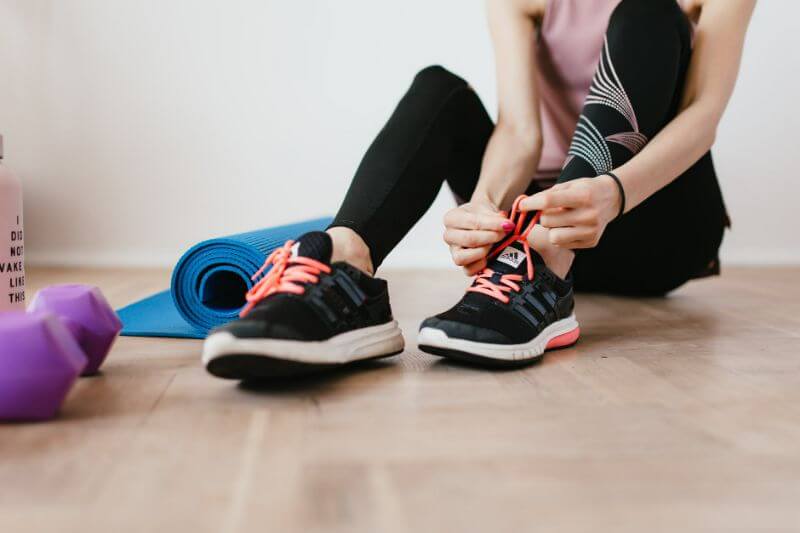
Guide gratuit : Périnée et Sport 🏃♀️
Tous nos conseils pour protéger votre périnée et faire du sport au sec, en toute sérénité ! 🤸♀️
If you want to do abdominal exercises, focus on specific exercises. Scissors kicks or cycling have no negative impact on the perineum.
The renowned fitness coach Lucile Woodward also provides all her advice on practicing sports and preserving your perineum.
Beware of Laughter Fits, Coughing, Sneezing
During a sudden effort (a fit of coughing, a sneeze, or a laughing fit), our diaphragm presses on the perineum and compresses it.
Adopting good reflexes
Therefore, it is important to contract the perineum when you feel the effort coming on so that it can absorb the impact.
You can also turn your head to the side. This gesture helps reduce the pressure exerted on the pelvic floor, which can damage the perineum.
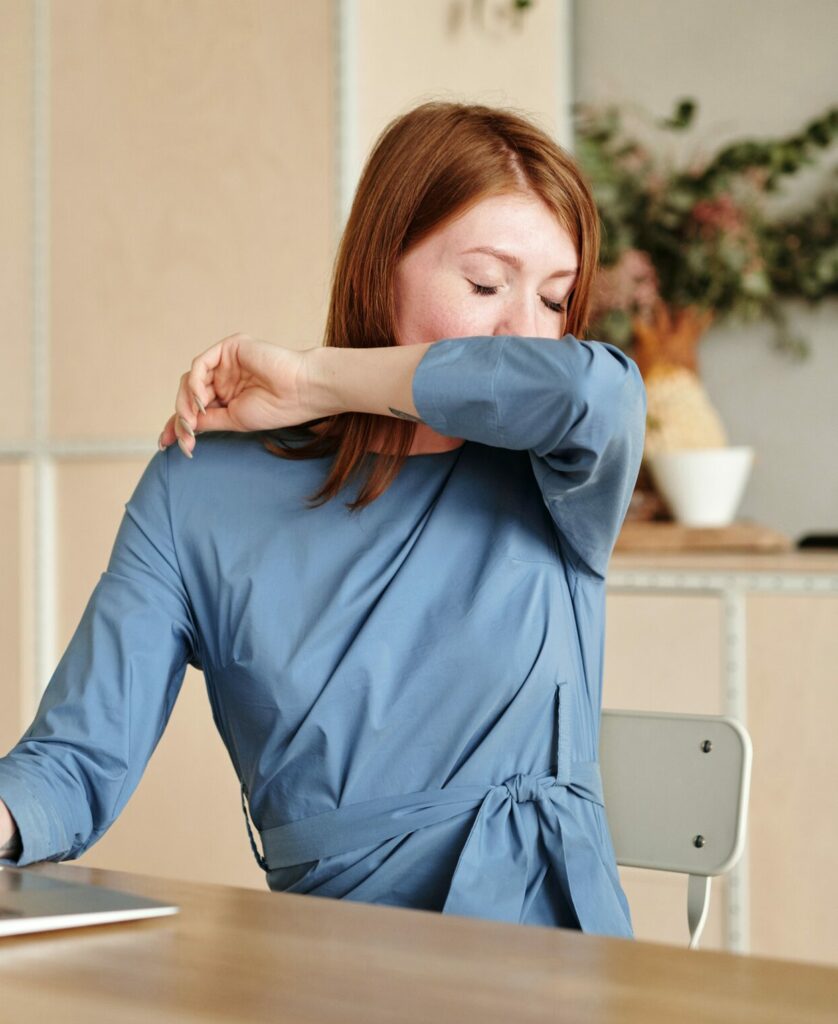
Avoiding fits of coughing
Attention smokers! Coughing fits caused by smoking can trigger urinary leaks. If the perineum is suddenly stressed, it will significantly weaken.
When the pressure becomes too high, it will no longer be toned enough. In addition, tobacco interacts with collagen, which plays a role in the tonicity of tissues, including the perineum.

Needs and natural factors
Natural factors can also influence the tonicity of the perineum. Age (muscular tissue aging) or menopause (with hormonal changes) are important factors. But there are also modifiable factors.
Taking time on the toilet
From a young age, we tend to pee quickly and improperly. We are forced to go before a long journey or before going to class. And as we grow older, it only gets worse.
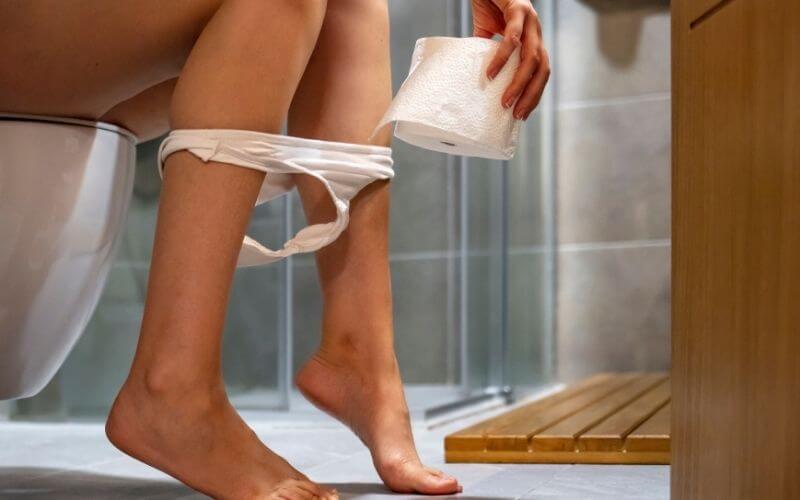
Before a meeting, an appointment, or because we can’t leave our child alone, it’s important to take your time and follow your own rhythm.
We never urinate when we really need to, and this frustration also affects the bladder. It no longer knows when to empty itself, which can lead to urinary infections.
Avoiding Constipation
So take your time. Do not push to go faster. In this case, you solicit the entire pelvic floor.
It’s the same with constipation. The pushing effort made during expulsion attempts is intense and this repeated movement traumatizes and damages the perineum.
I take care of my pelvic floor
Banning the Stop-and-Go Practice
Many women still think that the practice of stop-and-go can serve as perineal rehabilitation. It can be useful temporarily to locate one’s perineum well and to learn to contract it properly.
But this should not be repeated under any circumstances. The stop-and-go movement affects the sphincters’ closing reflex.
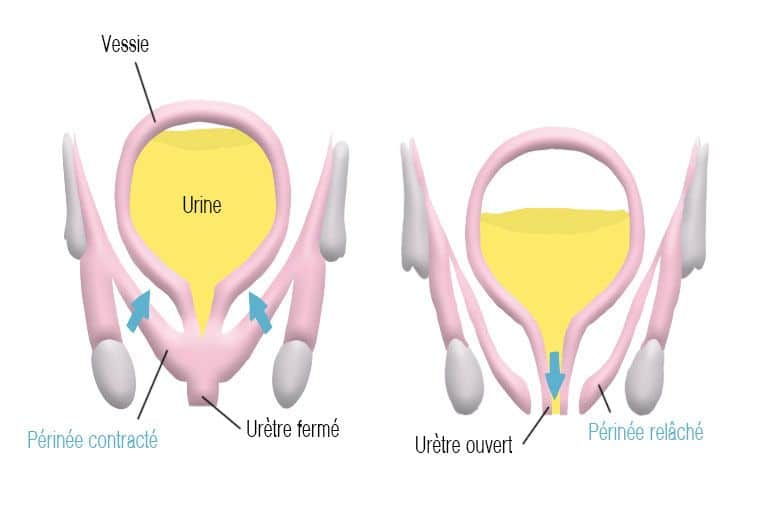
Adopting a Good Posture
It’s difficult to stand up straight in general. You have to imagine a thread above your head pulling you upwards. Easy to say…
Once slouched on your couch, you forget, and the bottom of your pelvis is pushed downwards and forwards. This then prevents the diaphragm and the perineum from moving. But what are the good postures to adopt?
The ideal is to sit at the edge of the chair, elbows forward, back straight, and pelvis aligned. On a couch, push your buttocks against the backrest and place a cushion in the small of your back, then straighten up. If you feel like you’re leaning forward, move your buttocks forward a few centimeters.
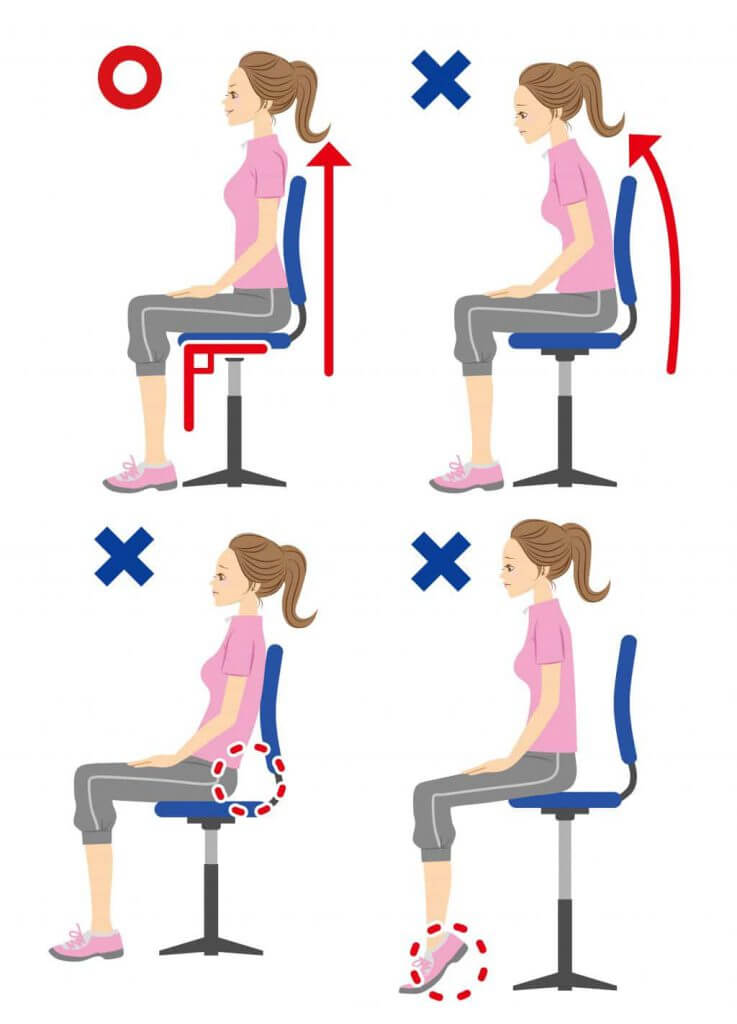
During pregnancy, posture tends to change, and the back is increasingly solicited. After childbirth, constraints on the back continue to accumulate.
Between carrying the baby, the car seat, the bag full of stuff… so many actions that damage your perineum! As you have understood, a poor perineal tone can directly affect bad posture. So, avoid bad postures and habits as much as possible to preserve your perineum and your back!
By applying all these good practices, you will protect your perineum from excessive pressures. Finally, in addition to your good habits, remember that the pelvic floor is a set of muscles that must be regularly strengthened throughout life to keep it toned and competent.
Many solutions are available at home to help you, such as the Emy probe, whose effectiveness has been clinically proven.
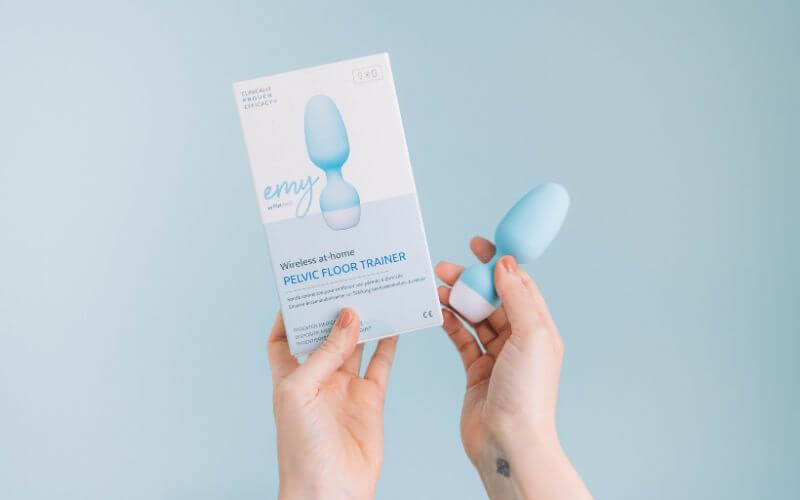

Guide gratuit : Périnée et Prévention
Tout savoir pour muscler son périnée et améliorer son plaisir intime 💥



